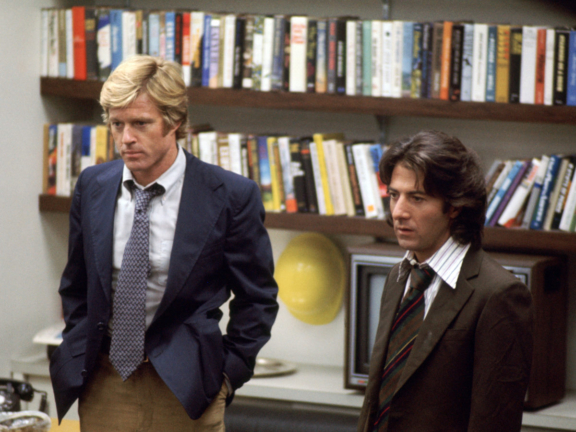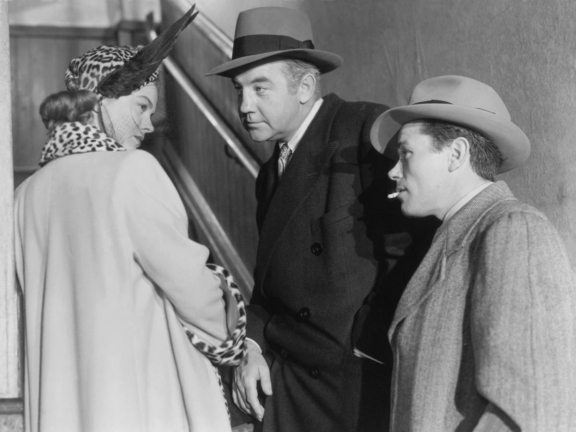

All the President’s Men
Film cycle / Oct to Dec 2024
Between October and December, the Calouste Gulbenkian Foundation presents the film cycle ‘All the President’s Men’, which proposes a reflection on democracy in the United States of America.
Curated by Pedro Mexia, the series features eight films shot between the 1930s and 2010s, that suggest different perspectives on the US electoral and legislative process.
The cycle opens on 6 October, in the Grand Auditorium, with a conversation between Pedro Mexia and Maria Filomena Molder, followed by the 1939 classic Mr. Smith Goes to Washington, directed by Frank Capra. The remaining sessions will take place in the Studio of the recently renovated CAM.
Curator's text
Alexis de Tocqueville observed that ‘we can consider the moment of the election of the president [of the United States] as a moment of national crisis’. Far from the idea of a ‘celebration of democracy’, this thesis suggests that, with so many internal and external fractures at stake, American democracy faces a critical occasion at every election.
American cinema has followed these occasions with interest and vivacity, between idealism and cynicism. The cycle ‘All the President's Men’ proposes eight looks at the electoral or legislative process in the United States, from Frank Capra's pessimistic optimism in 1939 to Frederick Wiseman's uncommented portrait in 2018 of the deep America that led, without almost anyone having anticipated it, to Trump's victory.
Between these two dates, we will also see the corruption of power in Robert Rossen, the celebrity candidate in Elia Kazan, macarthyism in Emile de Antonio, political maneuvering in Franklin J. Shaffner, the Watergate scandal in Alan J. Pakula and the allegory of Reaganism in John Carpenter.
The opening session, with Mr. Smith Goes to Washington, will be preceded by a conversation with Maria Filomena Molder, who will question a hypothesis formulated by J. Hoberman, an American critic who has studied the relationship between cinema and politics in the United States: ‘a film is political not just because of what it shows, but because of what it does’.
Pedro Mexia





